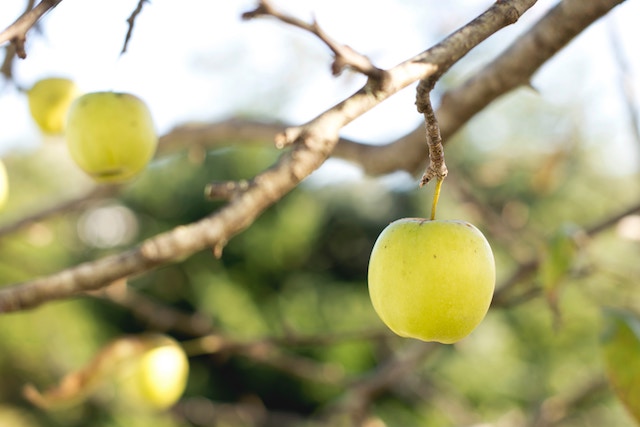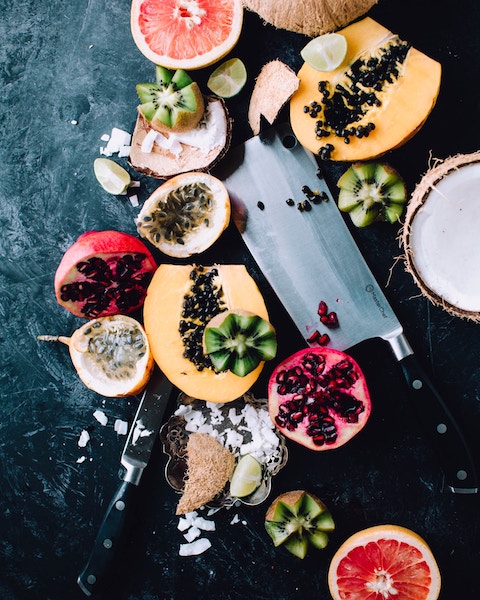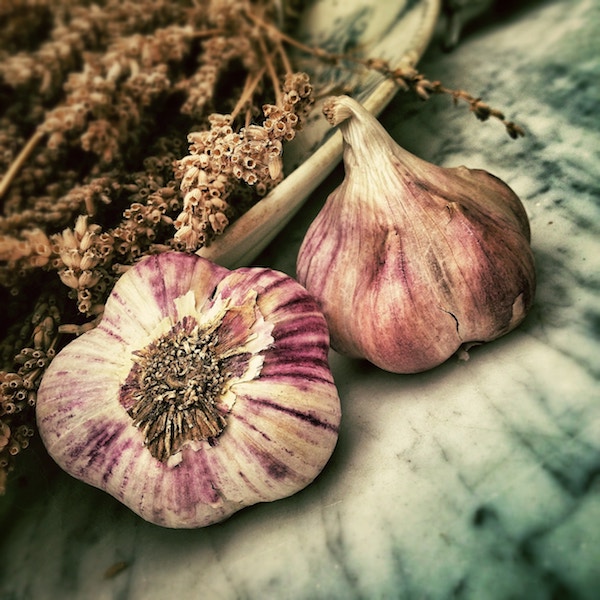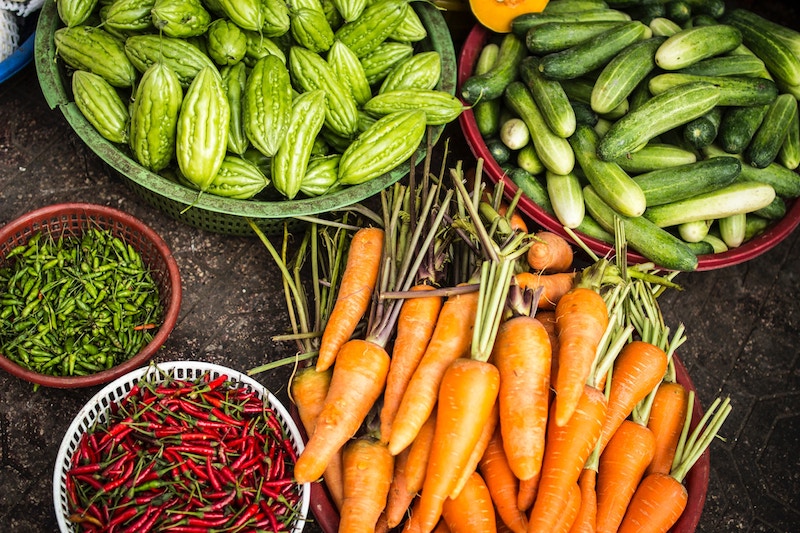It goes without saying that we should always strive to choose and do things that make ourselves and consequently, our planet, healthier. We should try to exercise often, recycle always, produce as little waste as possible on daily basis, and try to introduce more organic products into our beauty routine, clothes, as well as diets. While many people still hesitate to choose organic products because they’re rather pricey, we give you six reasons why you should choose to go organic.
In-tune with nature

When you start buying and growing your own organic food, you start paying attention to the seasons and the weather, and you start noticing when flavors and nutrients are at peak for different plants. You start eating more vegetables because you know where they come from and you become patient because you know that even though those very first March strawberries look amazing, they probably don’t taste as good as the ones you can buy at your local market (or pick in your own garden) in May. You begin paying attention and after a while, you can become really good at picking the ripest and most delicious fruit and vegetables.
You’re helping the planet

Conventional farms use different chemicals that help the crops grow big and strong, but subsequently, kill a lot of the microorganisms that live in the soil and keep it healthy. In addition, in order for conventional farmers to make a profit, they usually over-farm their land which leads to the loss of nutrients in the soil. Not only does this destroy the soil, but the crops that grow there are less healthy, smaller, and weaker, which means that farmers have to use more chemicals to help them grow. It’s a vicious circle and people eating the food are losing the most. Organic food means that it’s produced in a way that doesn’t harm the land, and even if the fruit isn’t picture-perfect, it’s healthy and the soil isn’t destroyed in the process.
You’ll be getting healthier

In order for food to be considered organic, it shouldn’t be treated with pesticides, herbicides, and hormones. You can find traces of antibiotics, growth hormones, and even pesticides in dairy and meat products unless they’re labeled as organic. If you want to eat ‘clean’ and healthy food, you should start paying attention to labels and opt for products that wear ‘organic’ mark. This means baking pies using apples that have blemishes or even worms (it means they weren’t treated with pesticides), using natural protein powder for smoothies and preparing dishes with herbs and spices you’ve grown in your garden.
Protect ecosystems
When the food is grown organically, it means that a variety of crops is preserved. As a result, the quality of the soil is also higher and the environment is more protected at the same time. Organic food production means that there’s absolutely no trace of any synthetic chemicals, thus insects are protected and underground waters aren’t contaminated either. All this means that organic farming isn’t harmful to the environment which can’t be said for conventional agriculture. Wildlife isn’t chased from their natural habitat, on the contrary – farmers use ‘good’ insects to help them protect the plants from ‘bad’ ones. There are even organic and natural ways to control pests!
Support local farmers

Farmers who produce organic food are protecting the environment and their animals: animals have land to graze on, there aren’t pesticides or harmful chemicals involved, and farmers are doing their best to accommodate the natural behavior of their livestock. This means they’re putting a lot of effort into a farming process and by buying their products you’re supporting this effort and encouraging them to keep up the good work.
Food tastes better

Organic farming means that the crop yields are smaller, but at the same time plants are able to use up more nutrients. Nutrient-rich soil means more flavorful crops and higher antioxidant levels, which adds flavor. Next time you take a bite of an organic product, you’ll notice how rich the flavor and the smell are, and you’ll know that they’ve been allowed to ripen naturally rather than injected with dye for a more desirable color.
